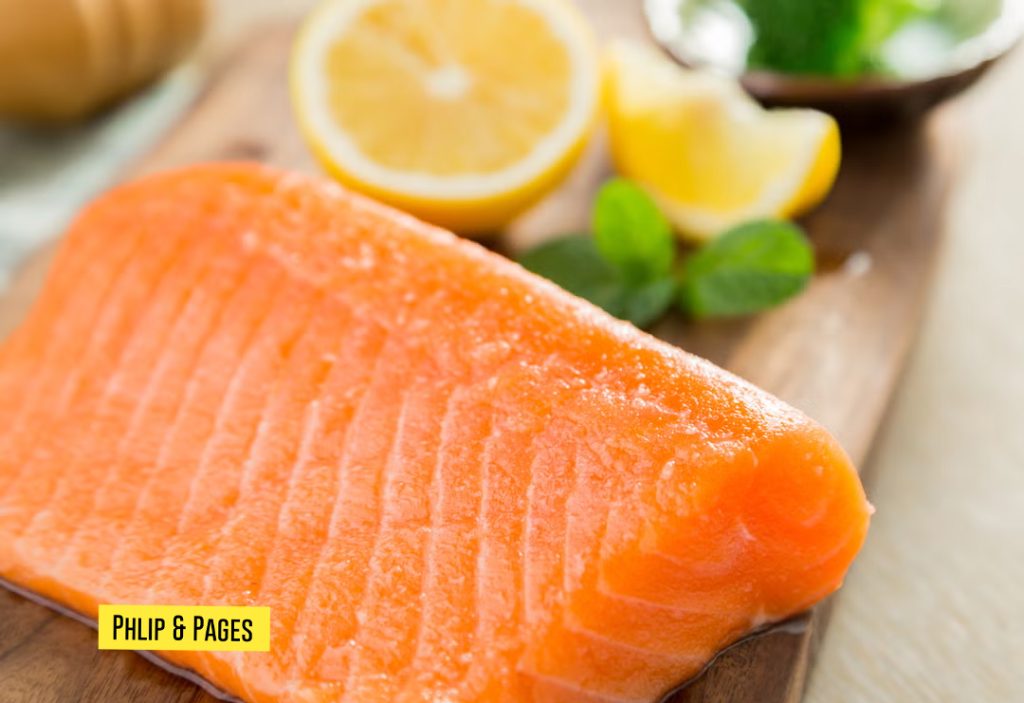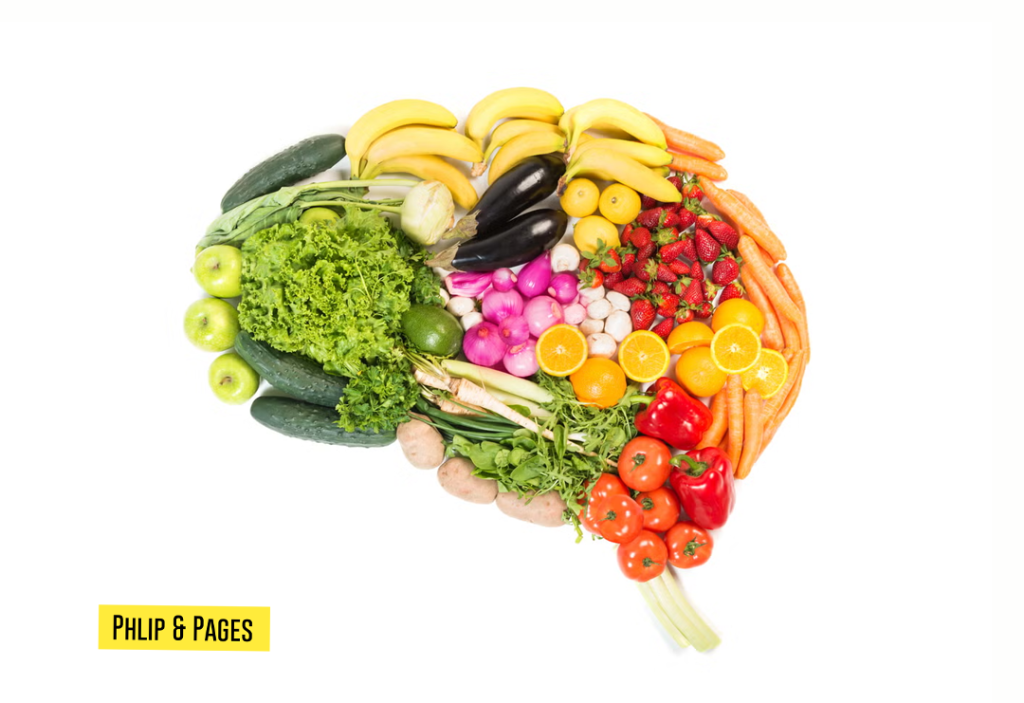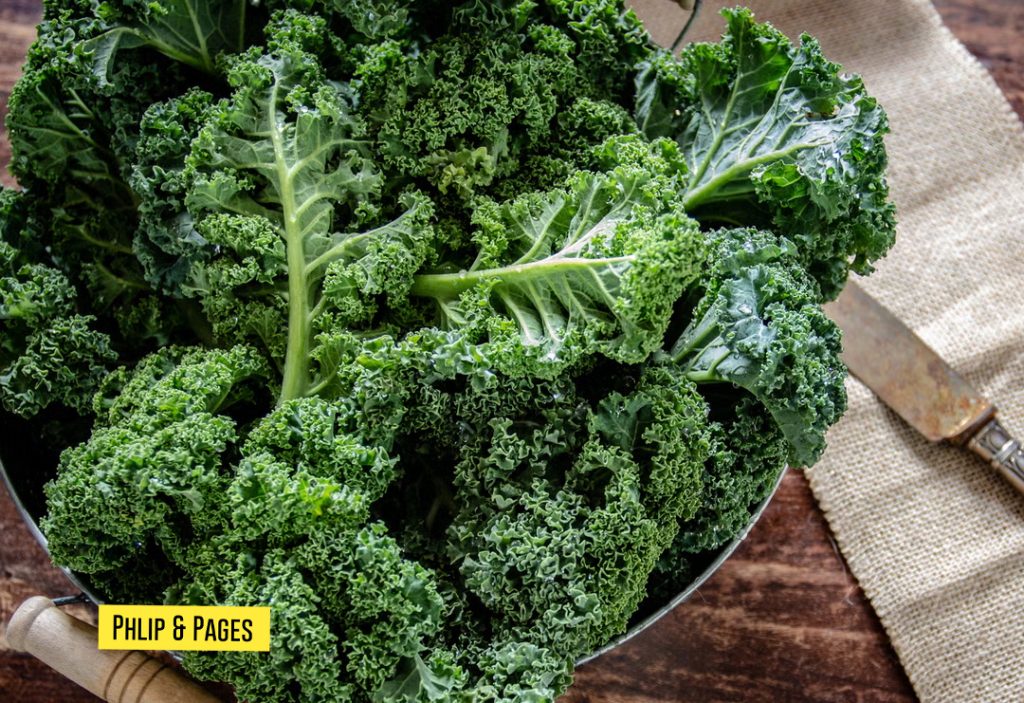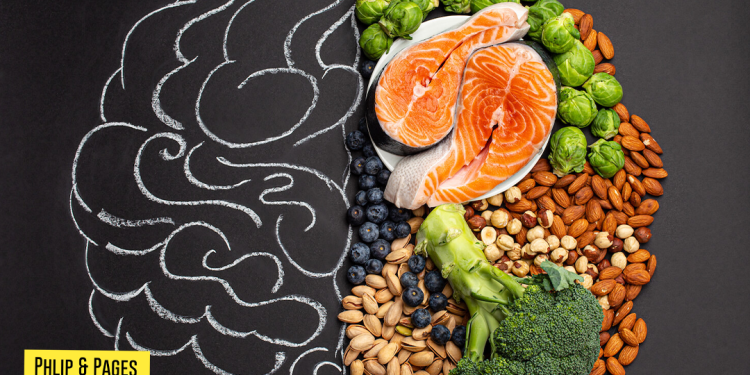The connection between the mind and the gut, often referred to as the “gut-brain axis,” is a rapidly growing area of research that reveals how closely our digestive system is linked to our emotional and mental well-being. Here’s an overview of how your diet affects your mood:
- The Gut-Brain Axis
Communication Pathways
Neural Pathways: The vagus nerve is a primary route of communication between the gut and the brain.
Chemical Signaling: Neurotransmitters like serotonin and dopamine, which are critical for mood regulation, are significantly influenced by gut activity.
Immune System: Gut health affects inflammation levels, which in turn impact brain function and mood.

- Role of Gut Microbiota
Microbiome Influence
Diverse Microbiota: A diverse gut microbiome is associated with better mental health and lower incidence of mood disorders.
Probiotic Benefits: Probiotics, found in fermented foods like yogurt and kefir, can improve gut health and potentially enhance mood.
Production of Neurotransmitters
Serotonin: About 90% of the body’s serotonin is produced in the gut. This neurotransmitter plays a crucial role in mood, sleep, and appetite.
GABA: Gut bacteria produce gamma-aminobutyric acid (GABA), which has calming effects on the nervous system. - Diet and Mood
Nutrient Impact
Omega-3 Fatty Acids: Found in fish, flaxseeds, and walnuts, omega-3s have anti-inflammatory properties and support brain health.
B Vitamins: These are essential for neurotransmitter production and energy levels. Sources include leafy greens, whole grains, and eggs.
Magnesium: Found in nuts, seeds, and dark chocolate, magnesium is known to help regulate stress and improve sleep.
Dietary Patterns
Mediterranean Diet: Rich in fruits, vegetables, whole grains, lean proteins, and healthy fats, this diet is linked to lower rates of depression and anxiety.
Western Diet: High in processed foods, sugars, and unhealthy fats, this diet is associated with increased inflammation and higher rates of mood disorders.

Anti-Inflammatory Foods
Fruits and Vegetables: High in antioxidants, these help reduce oxidative stress and inflammation, benefiting both gut and brain health.
Fermented Foods: Sauerkraut, kimchi, and miso contain probiotics that support a healthy gut microbiome.
Foods to Avoid
Processed Foods: High in refined sugars and unhealthy fats, these can disrupt gut microbiota and contribute to inflammation.
Artificial Sweeteners: Some studies suggest they may negatively impact gut bacteria and metabolic health.
- Gut Health and Mental Health Disorders
Depression and Anxiety
Inflammation Link: Chronic inflammation, often rooted in poor gut health, is linked to higher rates of depression and anxiety.
Microbiome Dysbiosis: An imbalance in gut bacteria can contribute to the development and severity of these disorders.
Stress Response
Cortisol Regulation: A healthy gut can help regulate cortisol levels, the primary stress hormone, improving overall stress resilience. - Practical Tips for a Gut-Healthy Diet
Incorporate Probiotics and Prebiotics
Probiotics: Add fermented foods like yogurt, kefir, sauerkraut, and kimchi to your diet.
Prebiotics: Foods like garlic, onions, bananas, and asparagus feed beneficial gut bacteria.
Maintain a Balanced Diet
Whole Foods: Focus on whole, minimally processed foods rich in nutrients.
Hydration: Drink plenty of water to support digestion and nutrient absorption.
Mindful Eating
Eat Slowly: Chew food thoroughly and eat mindfully to improve digestion and nutrient absorption.
Listen to Your Body: Pay attention to how different foods affect your mood and energy levels.

Conclusion
The mind-gut connection underscores the profound impact that diet has on mental health. By fostering a healthy gut through balanced nutrition, probiotics, and mindful eating, you can enhance your mood and overall well-being. Understanding this connection helps empower you to make dietary choices that support both physical and mental health.
















